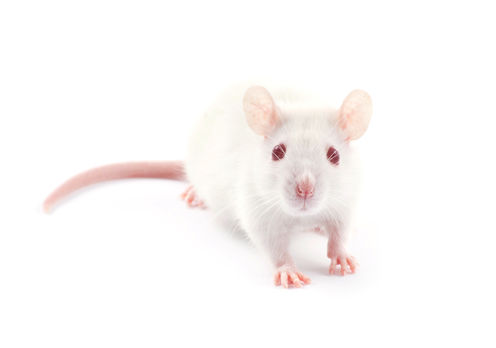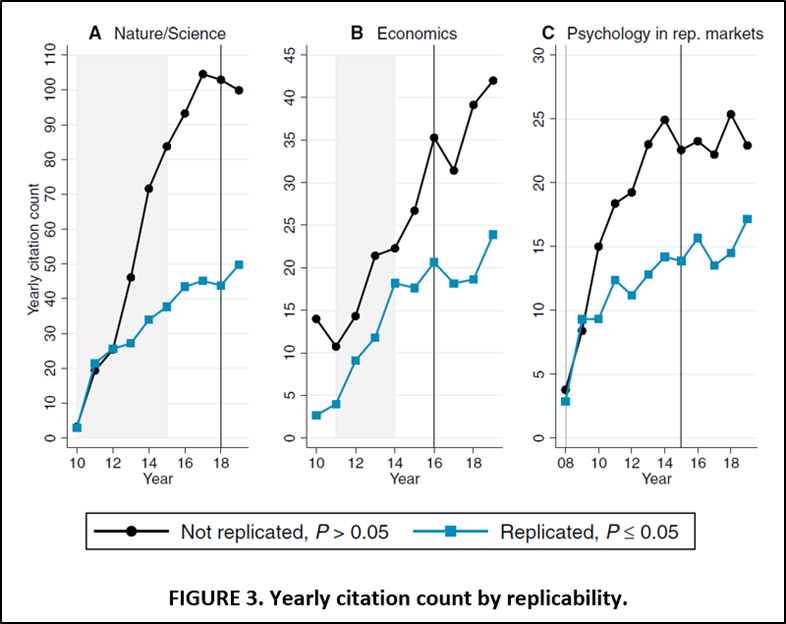Get a large group of people, find a disease in 10 columns and a food or chemical in 63 rows on a spreadsheet and 7 times out of 10 you can find a meaningful cluster - and that's statistical significance that will get you in hundreds of journals in any given month. Once published, you get journalists to claim some there is new Cancer Alley and plead for government involvement.(1) It is not science, it is correlation. Outside the coast of California, where they'll believe people are plants as long as a company is paying the jury award, a jury would recognize it as circumstantial.
A new paper takes circumstantial claims to the next level; alcohol use by father mice causes brain damage in the pups, they say. And that 'may have implications' for humans. That's right, mothers lose all agency in this one. Again.

Except they don't. Not even mouse mothers. Certainly not humans. Like plants, mice are not tiny people. An animal study can exclude a benefit or harm but never show it. That is why FDA has never and will never approve a drug or device based on a mouse study.
The authors use emotional verbiage like "existing dogma" and "the legal limit" of alcohol as a dog whistle to people inclined to promote hysteria - the existing dogma apparently being that a father's alcohol consumption doesn't create fetal alcohol syndrome. Fetal Alcohol Syndrome is, of course, real, but a small study on extreme binge drinkers in the 1970s was extrapolated out to be all alcohol use(2) and then epidemiologists began to write papers claiming they were replicating the correlation and shamed any pregnant women who had a spritzer.
It's a terrible way to create meaningful health guidelines.(3) Women in Europe who had a glass of wine at dinner had and have no more birth defects than American women who were told no wine throughout pregnancy. Yet despite failing in the world of science and health this correlation has been 'replicated' many times.(4) On a spreadsheet, anyway.(5)
Using this methodology, a subjective measurement of facial deformation in mouse pups whose fathers ate a human diet, they could also find that the Mediterranean Diet will prevent brain defects, if they wanted. It is pretty loose methodology. The paper seems geared to being a cultural wedge rather than an exploratory finding interesting enough to get scientists to look into the issue - the cultural goal being to say men create Fetal Alcohol Syndrome too. Yet by trying to give women a 'blame break' when it comes to birth defects, they are actually undermining both biology and evolution. Women evolved being able to protect infants. The placenta is one of the three vital waves of vertebrate evolution. There are some things that cross the placental barrier, like Listeria, but female biology does a great job.
Instead of being a meaningful effort at reducing birth defects, this tells women that on top of devoting years of their life to breast feeding - not corporate-created formula! - only eating organic food, never using any cleaning spray without a 'green' disclaimer, and not drinking a cup of coffee or wine, they have to nannycam their boyfriend's drinking months or years before they get engaged.
There are great reasons to not drink alcohol. I drink it so rarely that any disease someone tried to foist on me as caused by alcohol would be dismissed as statistical noise, at least unless one of those 'endocrine disrupting chemical' epidemiologists were writing the paper, then it couldn't be wrong.
Just like this paper can't really be wrong. Using statistics, epigenetics, and microbiome magical black boxes, nothing can ever be wrong in 2023. Yet like mouse studies themselves, it can also never be right when it comes to people.
Don't take up drinking if you don't drink. Drink in moderation if you must. But don't annoy your friends by claiming 'science' says their baby will have a birth defect if they exceed an arbitrary population-level amount chosen by politicians rather than scientists. This used the scientific method, but for cultural evangelism, not public health.
NOTES:
(1) And hope you have enough friends among Pulitzer voters, and enough suggestions of a corporate conspiracy, to get a Pulitzer prize.
(2) If epidemiologists begin to care about science as much as they care about getting media coverage, they will police their own. As science journalists Gary Taubes once said here:
I used to joke with my friends in the physics community that if you want to cleanse your discipline of the worst scientists in it, every three or four years, you should have someone publish a bogus paper claiming to make some remarkable new discovery — infinite free energy or ESP, or something suitably cosmic like that. Then you have it published in a legitimate journal ; it shows up on the front page of the New York Times, and within two months, every bad scientist in the field will be working on it. Then you just take the ones who publish papers claiming to replicate the effect, and you throw them out of the field. A way of cleaning out the bottom of the barrel.They rarely police their own, unless a paper is used by a Republican in an election year it is instead that statistics get media attention and then perhaps years later there is a retraction - like a claim that rich people are selfish, based on students watching a four-way intersection and determining that 'nice' cars waited less time. That passed peer review.
(3) Scientists usually have self-awareness that epidemiologists do not. Epidemiologists are too often in the business of wanting to get on an IARC working group so they can get rich being an expert witness or create a new diet. And other epidemiologists rarely look critically at any of it, they even add on if it gets media attention. High fructose corn syrup, BPA, formaldehyde, if it gets into enough websites, the National Institute of Environmental Health Sciences in-house journal Environmental Health Perspectives will publish a lot more of it.
(4) During the Obama and now Biden administrations, the political agenda against science was so bold they treated epidemiologists like a Supreme Court over science; statisticians were told to find a correlation, declare statistical significance, and then politicians shoved it off to biologists, toxicologists, and chemists to go prove it for them. This makes politicization of science easy. Epidemiology can lead to calls for a weedkiller standard down at the limit where it can be detected - meaning it is a ban without scientists doing a single study. That has already happened. It can also create a mandate, like an emissions standard so low only electric cars can meet it - that has already happened.
(5) Replication has become somewhat meaningless in the rush for citations. Psychology is oddly one area where lack of replication makes citations go down. That field is dominated by surveys and it's basically impossible to replicate anything. Economics is not science or psychology, it is people who can't do math making models of the past and hoping for a New York Times column, but they never stop citing anything no matter how bad it is.

(6) It was fun to see epidemiologists who had no clue about science and history reflexively say that Ivermectin, touted as a 'wonder drug' like aspirin and penicillin, which had worked for two human diseases that impact billions, Onchocerciasis and Lymphatic filariasis, leading to UNESCO calling it "one of the most triumphant public health campaigns ever waged in the developing world”, could never help anyone with COVID-19 because Trump mentioned an epidemiology study claiming that it might.




Comments